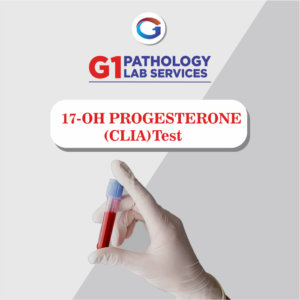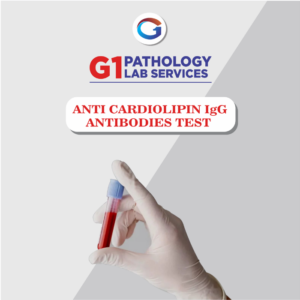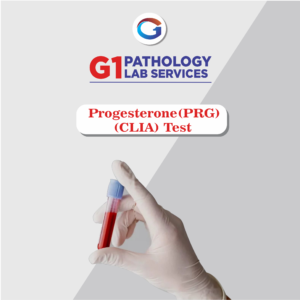The Progesterone Test measures the levels of progesterone in your blood. It helps detect the cause of infertility, the possibility of miscarriage risk, monitor a high-risk pregnancy, track ovulation and diagnose an ectopic pregnancy. Progesterone is a hormone that is released by a structure called the corpus luteum in your ovary. Progesterone is also known as the pregnancy hormone as it plays a vital role in pregnancy. It helps prepare your uterus for pregnancy. Progesterone is part of the 4 hormones involved in the menstrual cycle. The other 3 hormones are follicle-stimulating hormone, luteinizing hormone and estrogen. The follicle-stimulating hormone and estrogen are released during the first half of your cycle. Estrogen is required for the growth of the uterine lining or the endometrium. Luteinizing hormone rises 2-3 days before ovulation. The surge in the luteinizing hormone pushes the ovary to release an egg. Once the egg is released, the ruptured follicle forms the corpus luteum which starts producing progesterone. The adrenal glands also produce progesterone in both males and females. Progesterone helps nourish the endometrium or the uterine lining and prepares your body for pregnancy. When the egg does not get fertilised by the male sperm, then the corpus luteum shrinks and stops producing progesterone. As a result, the progesterone levels drop and your period begins. If the female egg gets fertilised by the sperm, it is implanted into the uterine wall. The corpus luteum continues the production of progesterone till the implanted egg produces a hormone called human chorionic gonadotropin (hCG). After a few weeks, the placenta takes over the production of progesterone and supports the remaining pregnancy. In males, progesterone is produced at lower levels and is used in the development of sperm.
Shopping Cart







Reviews
There are no reviews yet.